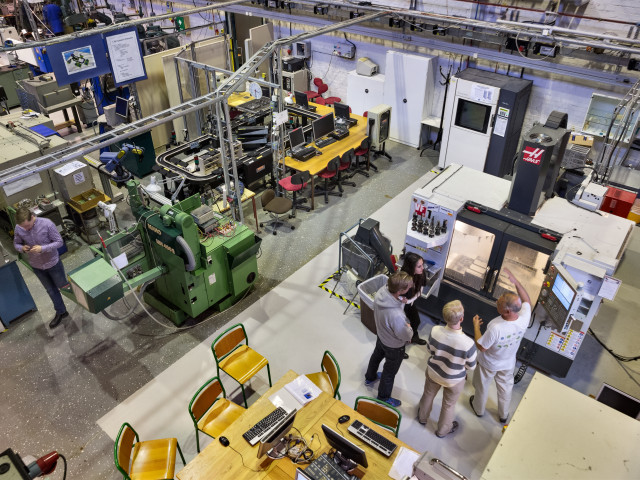The course covers studies in the following thematic areas:
- metabolism,
- circulation and respiration,
- fatigue, performance and training,
- environmental physiology, nutrition, dietary supplements and oxidative stress,
- physical activity and health,
- physiological and biochemical test methodology.
At the center of the course is the connection to the research situation, the use of test methods, the theory connection, and the connection between theory and practical sport. A literature study (in-depth study) within a self-chosen sports physiological area (comprising about 5 credits) is included in the course
